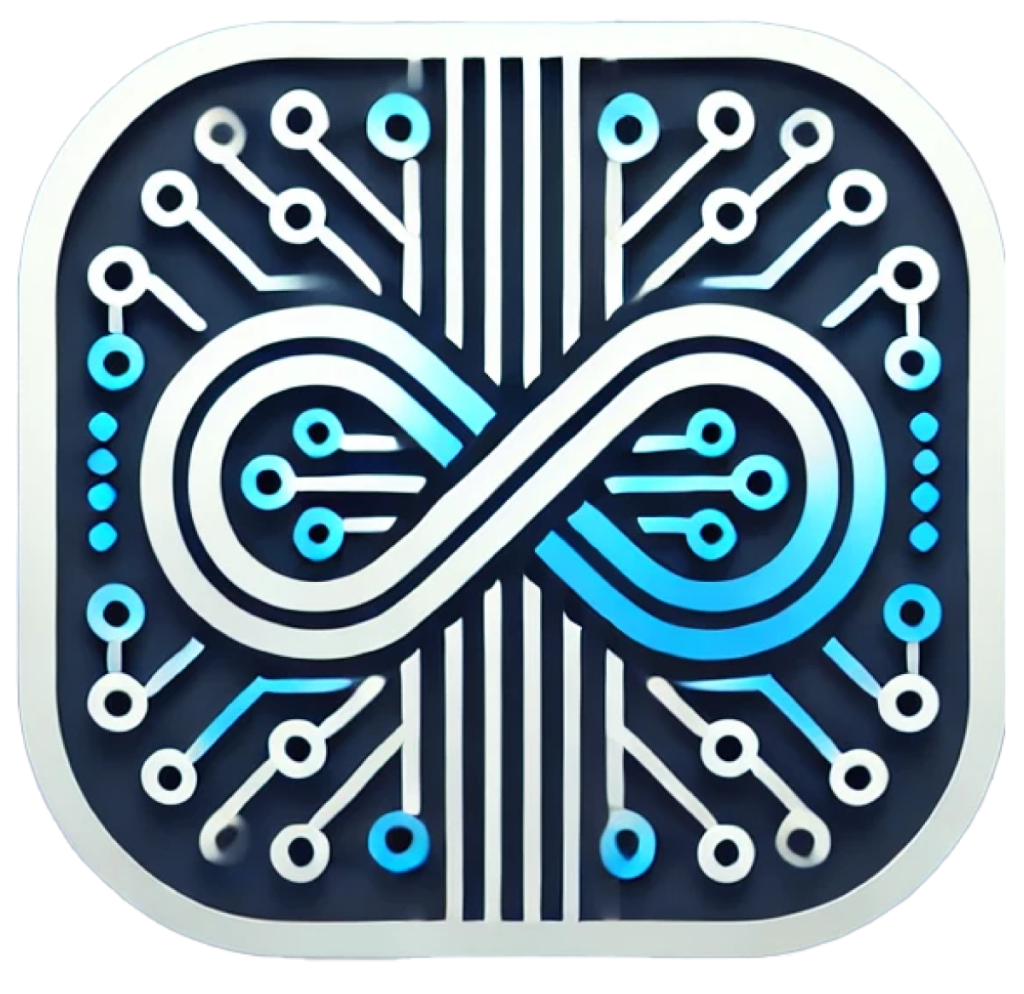Learning can be significantly enhanced by understanding each student’s unique cognitive profile through assessments. By evaluating your strengths, weaknesses, and learning preferences, these assessments allow educators to tailor instructional strategies that effectively meet your individual needs. This personalized approach not only fosters academic success but also nurtures your motivation and engagement in the learning process. In this blog post, we will explore into the importance of cognitive assessments and how they contribute to a more effective and enjoyable educational experience for you.
Understanding Cognitive Assessments
Your journey towards enhancing student learning starts with understanding cognitive assessments. These evaluations serve as a key tool in identifying individual learning capabilities, strengths, and areas requiring support. By grasping their significance, you can better tailor educational experiences that cater specifically to the varied needs of each student.
Definition and Purpose
Above all, cognitive assessments are systematic tests designed to evaluate a student’s intellectual functions. Their primary purpose is to provide insight into a student’s learning style, memory, and problem-solving abilities. This allows educators like you to adapt teaching methods accordingly, fostering an environment that promotes optimal learning outcomes.
Types of Cognitive Assessments
Before exploring the various types, it’s important to know that cognitive assessments can be categorized based on their focus and application. Here are a few common types:
| Type of Assessment | Description |
| Standardized Tests | Measure overall cognitive ability against a larger population. |
| Diagnostic Assessments | Identify specific learning challenges and needs. |
| Formative Assessments | Ongoing assessments to monitor student progress over time. |
| Behavioral Assessments | Evaluate cognitive processes through observation of behavior. |
| Portfolio Assessments | Collection of student work demonstrating cognitive and academic growth. |
Cognitive assessments can also be further categorized to emphasize different approaches and outcomes. Here are additional types worth considering:
- Dynamic Assessments
- Nonverbal Assessments
- Computerized Adaptive Testing
- Intelligence Quotient (IQ) Tests
- Performance-based Assessments
This breadth of cognitive assessments provides a comprehensive understanding of your students’ learning capabilities and challenges, enabling you to create targeted pedagogical strategies.
The Importance of Tailored Learning
The concept of tailored learning recognizes that each student brings unique strengths, weaknesses, and interests to the classroom. Personalizing education enhances engagement and fosters a deeper understanding of material. By focusing on individual needs, you can create an optimal learning environment that encourages academic growth and personal development, ultimately leading to improved educational outcomes for every student.
Individual Learning Styles
Before you can effectively address the diverse needs of your students, it’s important to recognize their individual learning styles. Each learner processes information differently, whether through visual, auditory, or kinesthetic means. By understanding these preferences, you can implement strategies that resonate with each student, creating a more engaging and effective learning experience.
Addressing Learning Gaps
After identifying individual learning styles, it’s important to assess and address any learning gaps that may exist. By pinpointing specific areas where students struggle, you can devise targeted interventions that foster skill development and boost confidence. This focused approach ensures that every student is well-equipped to progress at their own pace, leading to a more comprehensive understanding of the subject matter.
Learning gaps often hinder a student’s overall academic performance and enthusiasm for school. By implementing tailored assessments, you can identify areas where your students may be lagging behind and create personalized learning plans to bridge those gaps. This proactive strategy not only empowers you to address specific challenges but also builds a strong foundation for future learning, enabling your students to thrive academically and develop a genuine interest in their education.

Benefits of Cognitive Assessments in Education
If you are considering how to improve learning experiences for students, cognitive assessments serve as a valuable tool. They provide insights into individual learning styles, strengths, and weaknesses, enabling educators to tailor instruction to meet diverse needs, enhance engagement, and ultimately foster a more effective learning environment.
Enhanced Student Engagement
Before implementing any educational strategies, it is vital to understand how cognitive assessments can lead to increased student engagement. By identifying each student’s unique learning preferences, you can create more interactive and appealing lesson plans that resonate with their interests, promoting a more active participation in the learning process.
Improved Academic Performance
Assessments can significantly impact academic performance by offering a comprehensive view of students’ learning capabilities. When you have a clearer understanding of where each student excels or struggles, you can provide targeted support that directly addresses their needs.
This tailored approach enables you to focus on specific skills that require reinforcement, ensuring that students receive the help necessary for success. Additionally, cognitive assessments can track progress over time, allowing you to adjust strategies as needed, which can contribute to higher test scores, better retention of information, and a more profound overall understanding of the subject matter.
Implementation in the Classroom
Now that the importance of cognitive assessments is clear, implementing these tools in your classroom is key to realizing their benefits. By strategically integrating assessments, you can gather valuable insights into your students’ learning styles and abilities. This allows you to adapt your teaching methods and provide personalized support, thereby enhancing overall engagement and comprehension.
Integrating Assessments into Curriculum
Among the best practices for integrating assessments into your curriculum is to align them with your learning objectives. By doing so, you can ensure that your assessments not only evaluate student performance but also inform instruction. This alignment helps you identify gaps in knowledge and tailor your teaching strategies accordingly, fostering a more supportive learning environment.
Training Educators on Assessment Tools
Among the important factors for successful implementation is providing thorough training for educators on assessment tools. With proper training, you can develop a better understanding of how to interpret assessment data and apply it effectively. This empowers you to make informed decisions that lead to tailored learning experiences for your students.
Even with the best tools available, the effectiveness of cognitive assessments greatly depends on your proficiency and understanding of these resources. Comprehensive training sessions can equip you with the skills necessary to analyze assessment results critically. This will enable you to adapt lessons effectively based on varied student needs, ultimately enhancing the learning experience in your classroom.
Challenges and Considerations
Once again, while cognitive assessments offer valuable insights, implementing them effectively brings certain challenges. You must consider the diversity of students’ backgrounds, learning styles, and cultural contexts, which can affect the assessment’s outcomes. Additionally, logistical issues such as time constraints and available resources may limit the effectiveness of these evaluations. Therefore, understanding these challenges is crucial for maximizing the benefits of cognitive assessments in personalized learning.
Misinterpretation of Results
Any cognitive assessment is only as effective as its interpretation. You need to be cautious about how results are understood and communicated. Misinterpretation can lead to inappropriate educational strategies, negatively impacting a student’s learning journey. Clear guidelines and professional training in result analysis are vital to ensure that you accurately translate assessment data into effective learning interventions.
Ethical Concerns in Assessment
Around the topic of cognitive assessments, ethical concerns arise regarding data privacy, consent, and potential biases within test design. It’s your responsibility to ensure that students’ information is protected and handled with care, as well as to acknowledge the limitations of assessment tools in capturing the full scope of a student’s abilities.
In fact, ethical considerations are paramount in creating an equitable assessment framework. You should be aware that biases in test design can disproportionately affect particular student groups, raising questions about fairness and representation. Ensuring informed consent is also crucial, as students and parents should understand how data will be used. High ethical standards not only help to mitigate these issues, but they also foster trust in the assessment process, reinforcing a supportive learning environment.
Future Directions in Cognitive Assessments
Despite the advancements in cognitive assessments, there is still room for growth in developing more effective methods that can better cater to the unique learning needs of each student. As educational paradigms shift towards personalized learning, staying updated with many facets like technology, data analytics, and neuroscience will be critical in shaping the future of these assessments.
Technology Integration
The integration of technology into cognitive assessments is transforming how you evaluate student capabilities. Tools such as adaptive learning platforms and digital assessments can provide real-time feedback, enabling a dynamic approach that adjusts to your child’s learning pace, thereby enhancing their educational experience.
Evolving Assessment Techniques
One significant area of innovation is the evolution of assessment techniques. As traditional methods fall short in capturing the diverse ways students learn, new approaches such as performance-based assessments and observational methods are gaining traction.
Due to the increasing recognition of varied learning styles, evolving assessment techniques are vital. These methods go beyond standard testing to assess critical thinking, creativity, and collaborative skills. By observing students in action or utilizing project-based assessments, you can gain a comprehensive understanding of their cognitive strengths and areas for growth, paving the way for more personalized learning experiences tailored to their needs.
Summing up
Considering all points, cognitive assessments serve as vital tools in understanding your students’ unique learning needs. By identifying their strengths and weaknesses, you can create tailored learning experiences that enhance engagement and comprehension. These assessments provide valuable insights into how each student processes information, enabling you to adapt your teaching strategies effectively. Ultimately, implementing these assessments helps foster an environment where every learner can thrive, making personalized education a reachable goal.
Q: What is the purpose of cognitive assessments for students?
A: Cognitive assessments are designed to evaluate various mental skills such as memory, reasoning, problem-solving, and understanding. These assessments help educators gain insights into a student’s learning strengths and challenges. By identifying how a student processes information, educators can create tailored learning experiences that align with the student’s unique cognitive profile, thus enhancing their educational journey.
Q: How do cognitive assessments facilitate personalized learning?
A: Personalized learning involves customizing educational experiences to meet the unique needs of each student. Cognitive assessments provide data that informs educators about the specific abilities and learning styles of their students. This information enables teachers to develop individualized lesson plans, select appropriate resources, and adjust teaching methods. By focusing on a student’s specific needs, cognitive assessments help ensure that learning is effective and engaging, ultimately promoting better educational outcomes.
Q: What are the long-term benefits of using cognitive assessments in education?
A: Utilizing cognitive assessments in education offers several long-term benefits. Firstly, they allow educators to identify students who may require additional support or advanced challenges, enabling timely intervention. Secondly, they foster a deeper understanding of each student’s learning process, leading to more effective instructional strategies. Lastly, by aligning teaching methods to student needs, cognitive assessments contribute to improved academic performance and greater confidence among students, setting the foundation for lifelong learning and success.




0 Comments